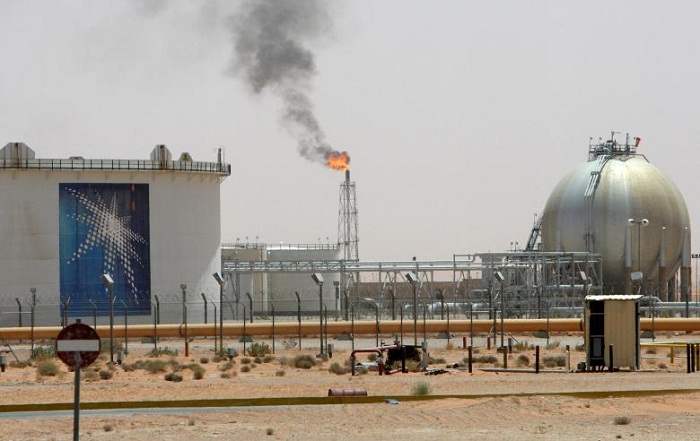Oil makes shaky gains on optimism over non-OPEC output cuts

On Saturday, oil ministers from OPEC countries will meet non-OPEC producers in Vienna to seek help in curbing a global glut.
Brent crude for February delivery LCOc1 was up 5 cents at $53.94 a barrel by 1257 GMT, after trading as high as $54.46 and rising 1.7 percent on Thursday. The contract hit its highest since July 2015 at $55.33 on Monday.
U.S. crude for January delivery CLc1 was up 22 cents at $51.06 a barrel after trading as high as $51.50.
Gains in the U.S. dollar index versus a basket of currencies, which makes oil more expensive to many of the world`s buyers, helped pull prices back from the highs reached earlier in the day. .DXY
Russia has said it would cut 300,000 barrels per day, meaning other non-OPEC producers combined would need to pledge the same amount to lower output by the 600,000 bpd OPEC wants. Russia`s No.2 oil producer Lukoil said on Friday it was ready to take part in the output cut commitment.
Azerbaijan has said it will come to the Austrian capital with proposals for its own reduction, while Kazakhstan`s energy minister said they may offer to freeze output at last month`s level.
Still, questions remained over such output plans.
"The market wants to find an excuse to move higher and is therefore inclined to believe," Commerzbank analyst Eugen Weinberg told the Reuters Global Oil Forum. "It`s questionable whether those beliefs are sustainable."
Weinberg said "so many questions remain" on the implementation of non-OPEC cuts that the plan could fall to pieces.
"Since the oil sector in Russia is only partly state-owned the companies will need to get compensated for any production freeze/cuts," he said, adding: "Talking to the Russian companies, there is no indication or intention to cut as well."
OPEC last week agreed to slash production by 1.2 million bpd in the first half of 2017.
Saudi Arabia and Iraq plan to supply full contracted volumes of crude to Asia in January, in an effort to retain market share in Asia, but the former ordered supply cuts to U.S. and European buyers.
The market awaits weekly data on U.S. oil rig counts issued by oil services firm Baker Hughes later on Friday.















































